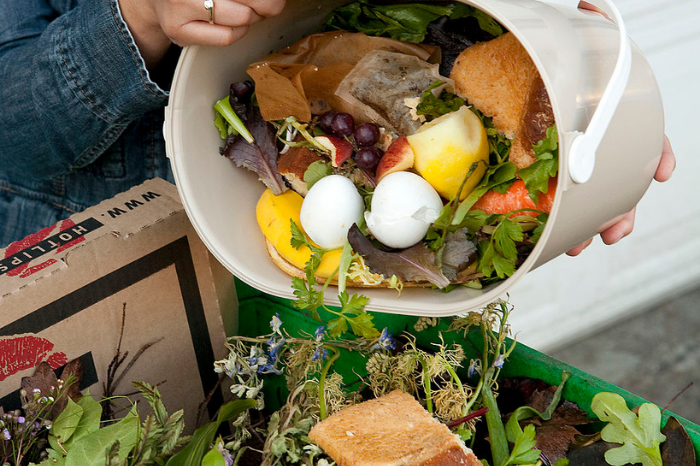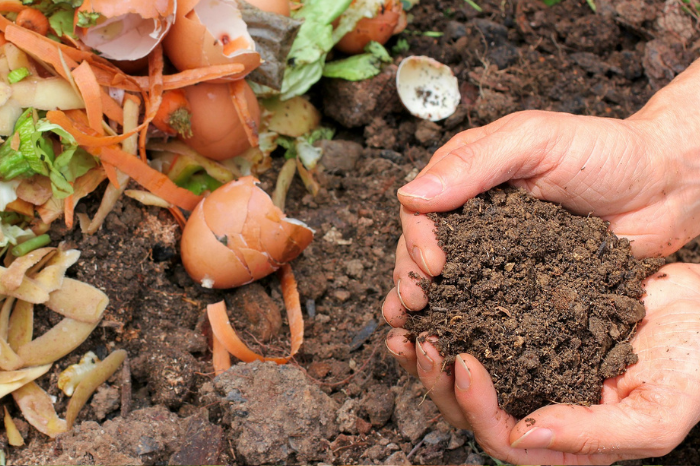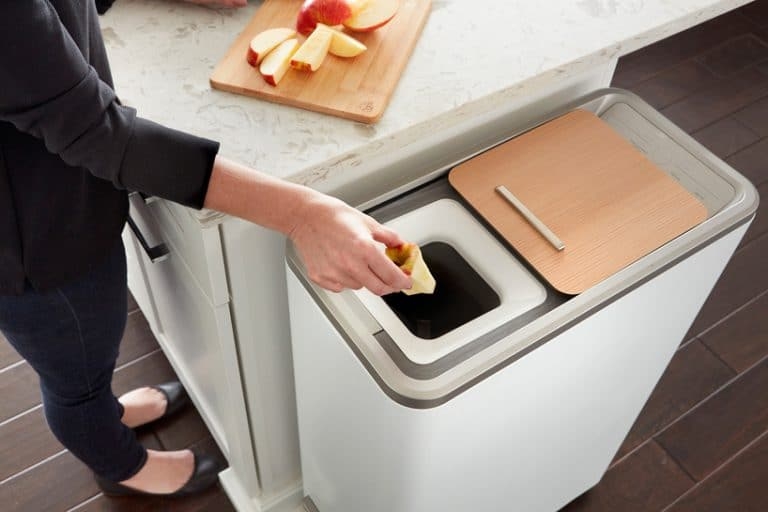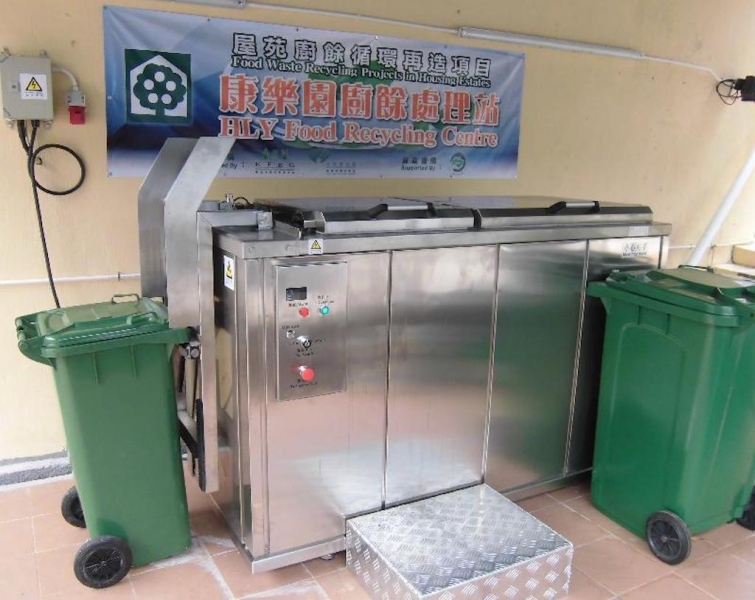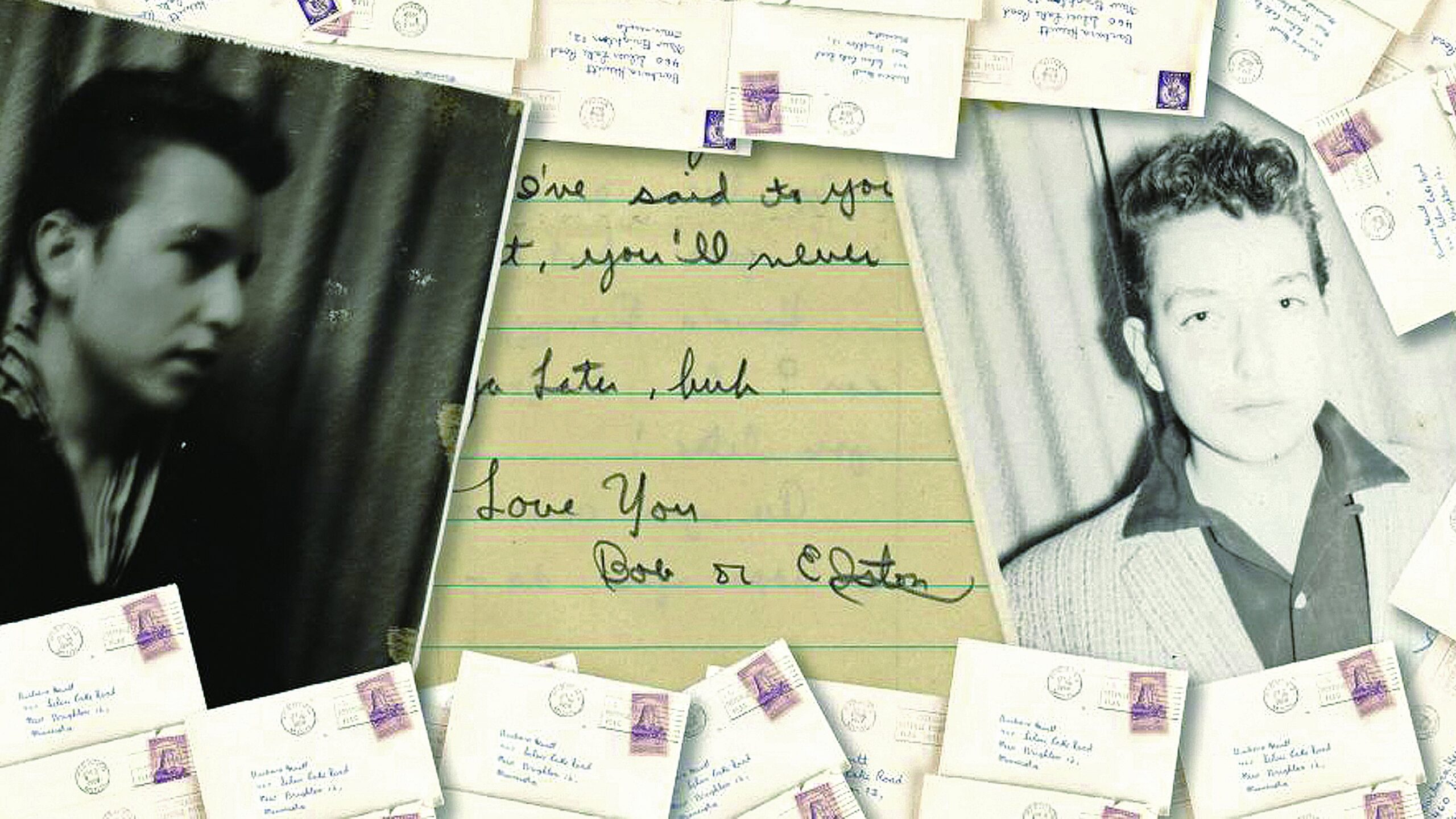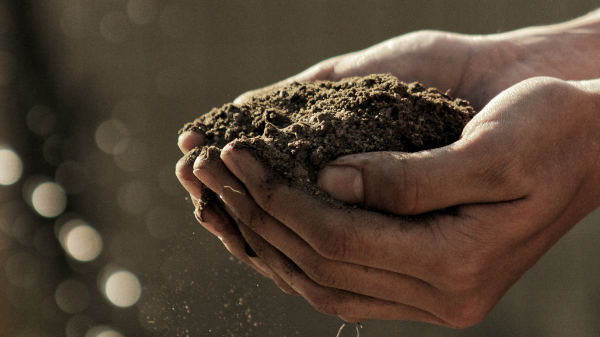
Going Green: Easy ways to compost food and reduce your carbon footprint this Earth Day
It’s not easy being green, though there’s not much harm in trying. For those who have yet to jump on the bandwagon of zero-waste living, food composting is a fun and easy way to recycle meal scraps and reduce waste. With food waste occupying 30% of the city’s landfills, food composting is a great micro solution to reducing carbon footprint and domestic waste. In support of Earth Day on 22 April, why not take an eco-friendly step towards green living with these five ways to compost food…
1. Traditional aerobic method:
The traditional aerobic process involves a large bin filled with leaves, newspaper and soil to break down food waste naturally through microorganisms found in the soil. It takes the longest among other methods (six to 12 weeks) and is more suitable for large homes with outdoor space, not only to fit a large bin, but also to avoid the home reeking of last week’s dinner.
Find a composting bin at Green Earth Society for HK$ 3,800.
2. Bokashi method:
A great option for green thumbed apartment dwellers, this Japanese method which combines a patented mix of microorganism and sawdust or rice bran inside a small airtight container — isolating oxygen from the waste to eliminate odour and decrease composting time (one to two weeks). The remains, however, need to be transferred into soil to fully break down, which could serve as a fertiliser for your plants.
Find a Bokashi starter kit at Greeners Action for HK$399.
3. Buy a small composting machine:
An effortless and time efficient solution to managing food waste at home is by owning a composting machine. They come in various sizes and is the most convenient, albeit expensive, option for any home. These innovative machines imitate the natural process of using microbes to turn food scraps into compost within 24 hours with a simple press of the button.
Check out Whirlpool Corporation’s Zera™ Food Recycler (HK$9,321) or Oklin GG02 (HK$9,400) by Oklin International.
4. Deliver to a local farm:
Instead of throwing out spoilt food and leftovers, an easy and great circular way to reduce food waste is by delivering to local farms. Simply store the waste in an air tight container and send it off to the farm where they turn organic waste into compost for fertilisers.
For more information on collection and delivery services for food waste click here.
5. Visit your residential compost machine:
The Environment and Conservation Fund (ECF), provide large compost machines for communities in various areas of the city. Commonly installed in schools and residential areas, it serves as a great way to get the whole community involved in green living. The compost are then transported to local farms or used in school gardens as fertilisers.
You can check the ECF website on how to apply to install a composting machine within your estate or ask your property management for assistance.

